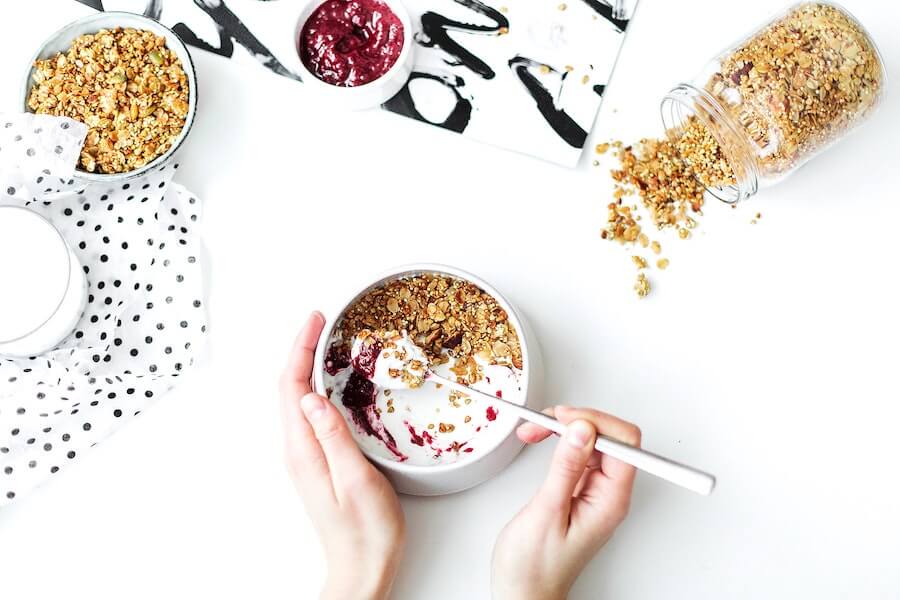
Have you ever had butterflies in your stomach before meeting someone special or felt your stomach rumbling right before an exam? These are signs of an active gut-brain connection.
Your “gut” involves a group of organs that play a part in digestion and waste processing, such as the esophagus, intestines, gall bladder, liver, and pancreas. It also influences the immune system and gut-brain communications — it’s why the gut lining is called the “second brain.”
What is The Gut-Brain Connection?
The relationship between the gut and mind significantly influences our emotions and mood because your stomach and brain are directly connected. This connection is also called the gut-brain axis as they are interdependent.
Your gut has two-way, bidirectional communication with your brain. Another way of understanding it is that our body has two nervous systems:
· The one comprised of your spinal cord and brain is the central nervous system.
· The gastrointestinal tract’s intrinsic nervous system is the enteric nervous system.
Both nervous systems are linked to the vagus nerve, which runs from your brain to your stomach. This is the main path your gut bacteria uses for transmitting messages to your brain.
Is the Key to Happiness Found in Your Gut?
Researchers have discovered that gastrointestinal disorders influence mental health. The channel between the gut and brain can sometimes be disturbed by bacteria, viruses, and fungi that form the “gut microbiome.” Mental health problems, such as anxiety and depression, can adversely affect the gut microbiome as the body generates a stress response.
When you improve the gut bacteria, it enhances your mental and emotional well-being. Approximately 90 percent of serotonin that’s produced in the body is found in our gut, influencing both mood and gastrointestinal activity. The remaining 10% of serotonin is formed in the central nervous system.
When the gut is full of healthy bacteria it has potential to regulate mood and positive feelings, which can alleviate mood disorders like depression.
Ways to Improve the Connection
The food we consume has a direct influence on our gut-brain connection. As Hippocrates said, “take your food as you would medicine.” Food can turn good genes on and off.
Avoid processed and packaged foods. Incorporate more prebiotics into your diet, such as grains, beans, berries, seeds, and leafy greens. Consuming whole milk yogurt, which is loaded with probiotics, is also great for ingesting good bacteria.
But food alone can’t offer the required number of healthy bacteria to your gut. Scientific findings have shown that the bacteria react in damaging ways to stress and negative emotions. The hormones that are released during stress contribute to the harmful bacteria.
The most effective way of ensuring that your gut and brain have a positive connection is to live mindfully by making conscious food choices and learning how to cope with stress.

